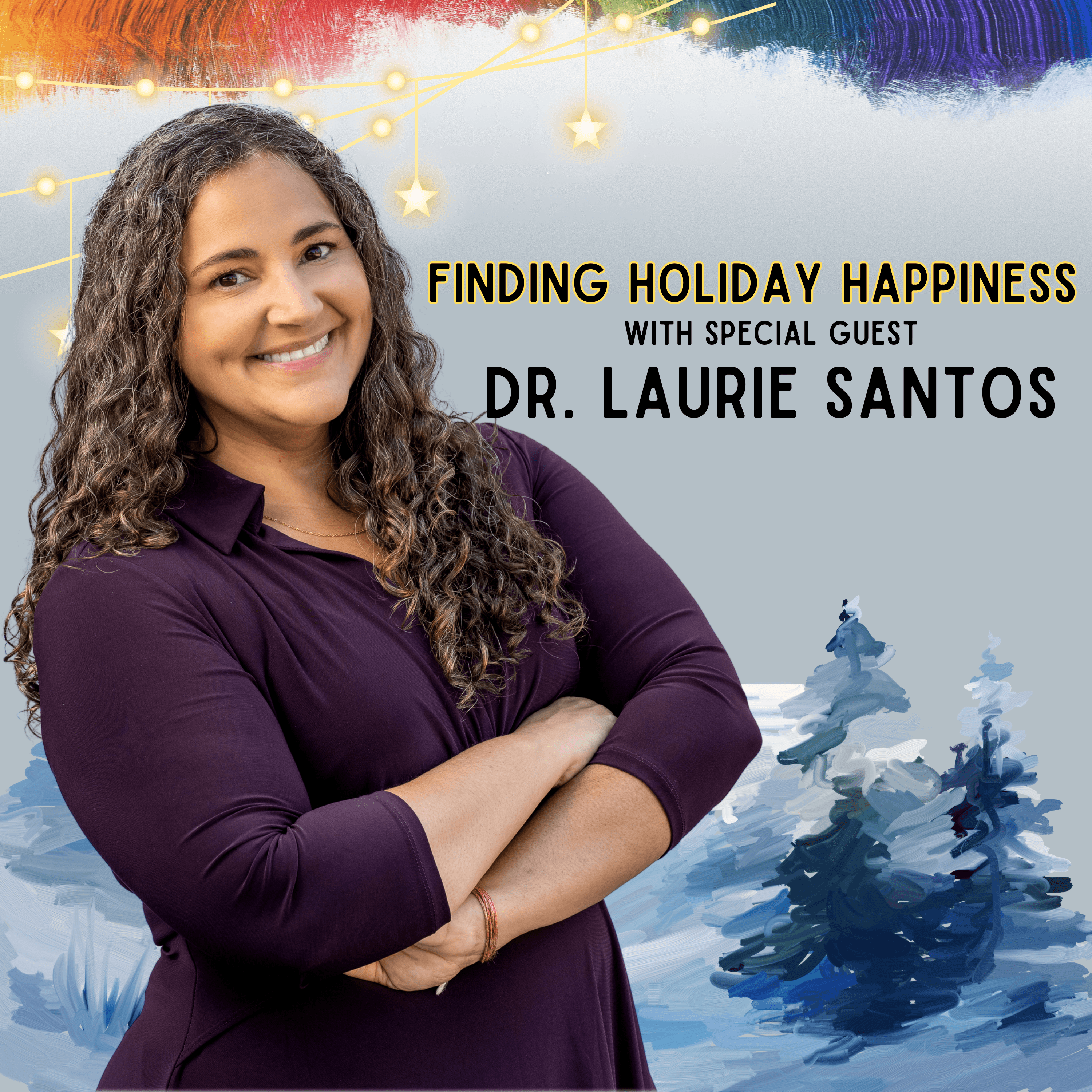
How God Works: The Science Behind Spirituality
PRXWhile religion and science often seem at odds, there’s one thing they can agree on: people who take part in spiritual practices tend to live longer, healthier, and happier lives. The big question is: Why? In How God Works, professor Dave DeSteno takes us on a journey to find out how spirituality impacts our minds and bodies, as well as the world in which we live.
He speaks to leading scientists and philosophers, religious thinkers, and thought leaders to explore what we can learn from the world’s faith traditions to help us meet some of life’s biggest challenges. Along the way, he’ll look at how we can adapt and use spiritual practices in our own lives, whatever our beliefs, including none at all.
It’s by working across the boundaries that usually divide us – science versus religion, one faith versus another – that we’ll find new ways to make life better for everyone.
While religion and science often seem at odds, there’s one thing they can agree on: people who take part in spiritual practices tend to live longer, healthier, and happier lives. The big question is: Why? In How God Works, professor Dave DeSteno takes us on a journey to find out how spirituality impacts our minds and bodies, as well as the world in which we live.
He speaks to leading scientists and philosophers, religious thinkers, and thought leaders to explore what we can learn from the world’s faith traditions to help us meet some of life’s biggest challenges. Along the way, he’ll look at how we can adapt and use spiritual practices in our own lives, whatever our beliefs, including none at all.
It’s by working across the boundaries that usually divide us – science versus religion, one faith versus another – that we’ll find new ways to make life better for everyone.

























































































Every Breath You Take

It’s no accident that the Hebrew word for breath is the same as the word for spirit (ruach). Breath doesn’t just give us life: it helps regulate everything from vital organ functions to cognition and emotional states. That’s why spiritual traditions the world over incorporate it as a practice to help heal body and mind and walk the path towards peace.
Join us as we explore the breath’s connection to our nervous system with psychologist and neuroscientist Stephen Porges, creator of Polyvagal Theory. We’ll also learn about the spiritual roots of breathwork and try out a few techniques with noted yoga, qigong and meditation teacher Amelia Barili.
Learn more about Dr. Stephen Porges’s work and Polyvagal Theory on his website, and be sure to check out his new book, co-authored with Seth Porges: Our Polyvagal World: How Safety and Trauma Change Us.
Dr. Amelia Barili is faculty at the UCB Osher Lifelong Learning Institute and professor emerita from the University of California at Berkeley. Learn more about her work on her website and check out her YouTube channel the new paradigms.
We also highly recommend the book Breath: The New Science of a Lost Art, by James Nestor.